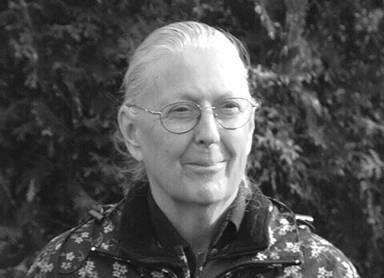In last week's Unit of studies, my postgraduate students (EE814: Addressing inequality and difference in educational practice) were offered a reading by Bree Picower (2009) which for me is axiomatic in our studies.
Picower's article describes a study undertaken with white student teachers doing an anti-racism course. These students were uncomfortable on the course, constantly defending themselves against its anti-racist thinking. They were unwilling to view themselves as being in a position of power over others, to admit they might sometimes act in a way which asserted their normality as against others' difference. They could not get to grips with what thinkers on identity often refer to as an 'invisible' or 'unmarked' privilege.

In line with thinkers on critical race theory like bell hooks and Gloria Ladson-Billings in the States, and David Gillborn in Britain, Picower suggests the teachers relied on 'tools of Whiteness'. She argues that they didn't just passively resist the idea that they may be part of a White supremacy. They actively protected hegemonic social narratives about race identity.
Picower is a tough read for anyone who wants to tackle issues of inequality in education. It's dispiriting to think that it might be that hard for liberal teachers to understand how racism is inbuilt, not only into our systems ('discourse') but into many ways in which we interact with each other - and therefore between teacher and pupil. But Picower rings important bells for me; not on issues of racism, in terms of the struggle I had with the main equality issue on which I am in a position of strength and power: social class.
Drawing on the Hegelian concept of the Master/Slave, standpoint feminists highlight an unfortunate paradox in gender politics. Hegel suggested that the 'Master' has power, so he (everyone in Hegel is 'he') doesn't need to know anything about the 'Slave'. However the Slave needs knowledge not only of his own condition, he must also understand the Master so as to service him.
Standpoint feminists argue that men have power, so they lack knowledge of how gender politics is enacted. Only women have the knowledge with which to set up an egalitarian, non-sexist way of working. (But we have no power to do this.)
Dorothy Smith, seminal standpoint feminist thinker:

On most issues of identity, I have plenty of 'knowledge' However I come from an intellectual upper class background. I have an accent that can cut crystal (I try to soften it in tutorials!), I can talk about fine wines, high art and where to get a brace of grouse (pronounced 'grice'
).
It took me a long time to understand that it is not right nor fair to casually talk about these things in a way which makes people around me feel about two inches tall. (Except young bar tenders who attempt to put ice in my whisky ) It was hard to face up to the fact that I do it without even thinking about it, and that instead of pretending I can't help it, I must think about it and not do it.
That was my Picower moment. It didn't come in a moment, but slowly and painfully. I didn't want to admit that I had sometimes made shop assistants wince and cry just with a look - but in order to stop doing it, I had to learn to see the invisible 'tools of class prejudice', and realise that I am an unmarked expert at using them to take other people down
(NB Thanks to Gill Duncan, for finding a newer and highly relevant article by Picower - 2013.)
Reference
Bree Picower (2009) 'The unexamined Whiteness of teaching: how White teachers maintain and enact dominant racial ideologies', in Race Ethnicity and Education, 12:2, 197-215, DOI: 10.1080/13613320902995475
Bree Picower (2013) 'You can't change what you don't see: Developing New Teachers’ Political Understanding of Education.' in Journal of Transformative Education. 11(3) 170-189, DOI: 10.1177/1541344613502395